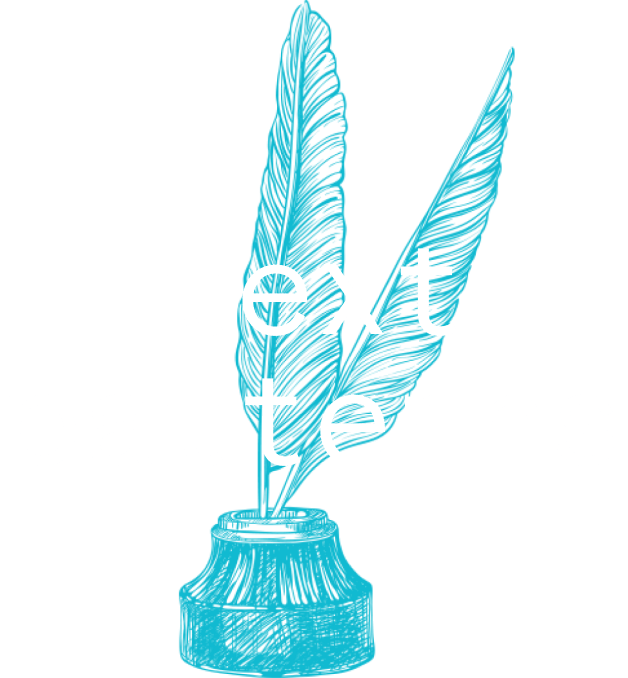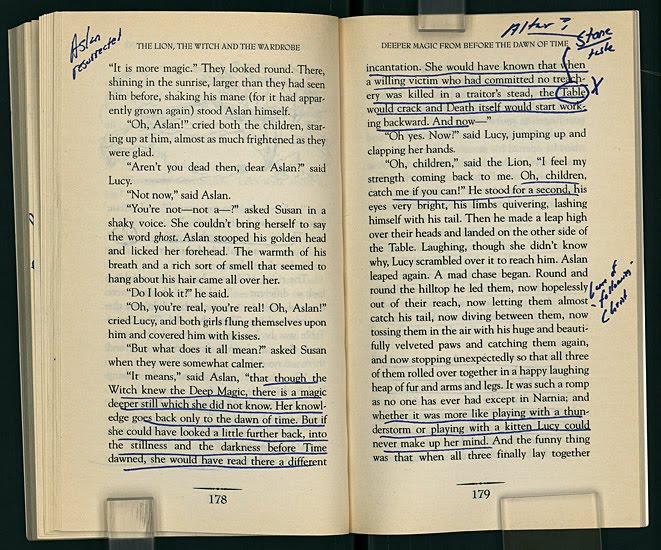September 24, 2010
authors’ libraries
Conor Friedersdorf sends me a link to this story about attempts to recover and reassemble the libraries of dead writers. Sad and curious. . . . But of course — someone has to ask this question, so it might as well be me — what about future writers whose libraries are partly or largely contained in their e-readers? You could hold in...


